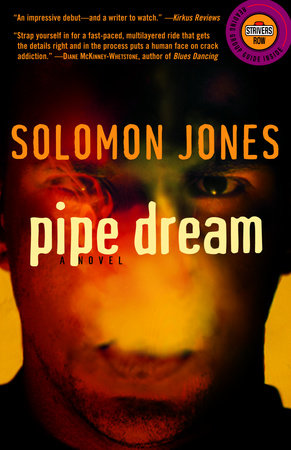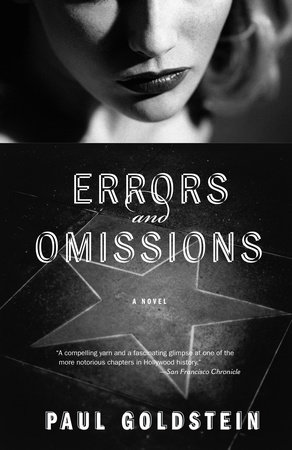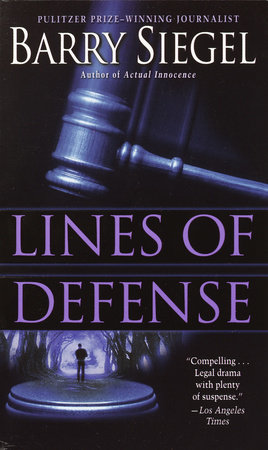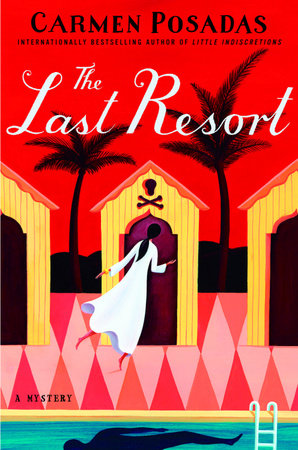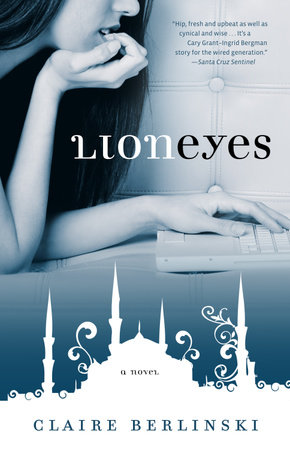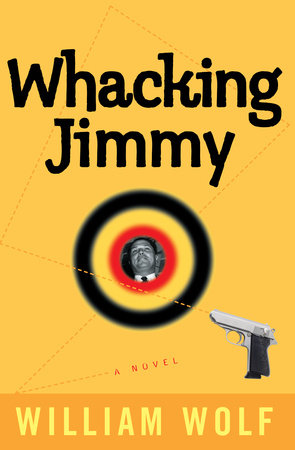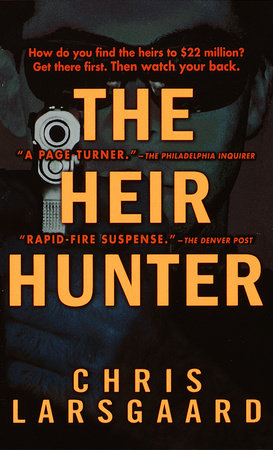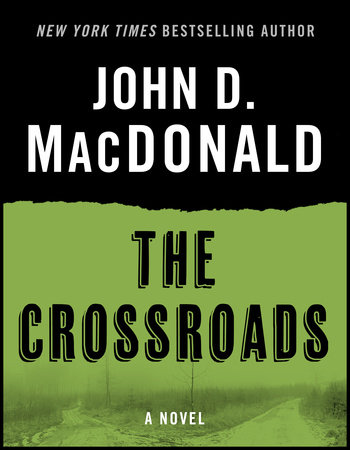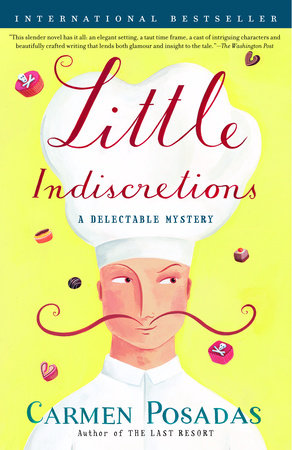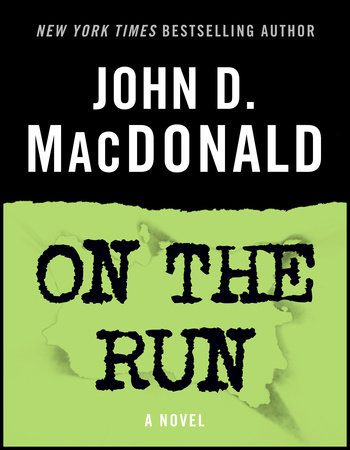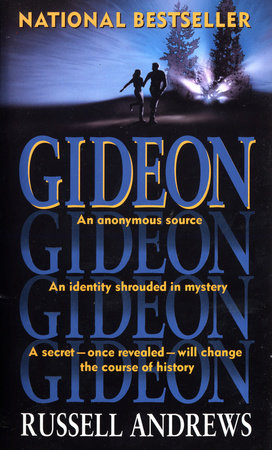Author Q&A
A Conversation with Solomon Jones, author of Pipe Dream
Q. Where did the idea from this story come from? Why crack addiction?
A. The idea for Pipe Dream came from my own experience with crack addiction. For a number of years, I struggled on and off with an addiction that I never thought would suck me in the way that it did. There were times when my addiction left me homeless for weeks or months at a time. There were times when nothing was more important than getting that next hit. So the idea for the novel was there, imbedded in my own experiences, and when I started to write it down—as a lark, really—what started as a short story began to grow. Nine months later, when the story had finished pouring out of me, it was a novel.
Q. Tell us a little more about Black. He’s a fascinating character with a destructive addiction. How did you come up with him?
A. Black is a character based heavily on myself. He is an addict who knows better; a man who is embittered by the fact that he can’t seem to escape from his addiction, or for that matter, from himself. His background is similar to mine, in that he fancies himself an intellectual. But the irony of Black is that he cannot outsmart the greatest challenge he has ever faced—his addiction. Though I never faced many of the situations that Black is forced to grapple with in Pipe Dream, I tried to infuse his character with the savvy and the conscience I would have had if I had been afforded the luxury of writing my experiences rather than living them.
Q. What is your next work?
A. That’s a toss up. I’ve started a novel called Attachments, which is a thriller about an internet love triangle. In Attachments, as in Pipe Dream, I try to tackle the relationship issues and problems that each of us face as we search for that most elusive prize—love. Also, as in Pipe Dream, there is a strong female character who is part sister-girl, part intellectual, and all woman. You know, a sister with all the strength and complicated emotional wiring that makes sisters so irresistable. I am also shaping an outline for a murder mystery set in an infamous Philadelphia Housing Project, based on the true story of a little girl whose murder remains unsolved after more than seven years. And finally, I’ve completed the screenplay for Pipe Dream, and I am actively shopping that.
Q. What do you hope to accomplish by writing this novel?
A. I hope to debunk the theory that addiction is the problem of the addict alone. Because the reality is, there is no one in America whose life has not been touched by addiction. According to the Substance Abuse and Mental Health Services Administration, nearly 5 million Americans have used crack cocaine. That means that you or someone you know has experienced addiction. You or someone you know has been jailed for selling or using drugs. You or someone you know has seen their family torn apart because of addiction. You or someone you know is trapped in a drug-infested community. The police force charged with protecting and serving you has, in some capacity, begun to serve itself by skimming money from the drug culture. In the meantime, the prisons are filling with people whose real problem is not the crime they commit (or in some cases, the crime they don’t commit), but the addiction that fuels their behavior. I hope to wake readers up to the fact that addiction is everyone’s problem. Not just the addict’s.
Q. What genre would you consider this? Do you read others in this genre?
A. I would consider this an urban thriller. It’s like Scott Turow without the courtroom, with a splash of color and a generous helping of Ebonics. It’s not quite Iceberg Slim or a Donald Goines. It’s a little more cerebral than that. But it’s just as gritty, hopefully without the blaxploitation element.
Q. Are you working on another novel? What is it?
A. Asked and answered.
Q. What do you think are some of the themes of this novel?
A. The main theme is the illusion of good and evil. I purposely drew all of the characters as deeply flawed people. None of them are purely good or bad. They are, as much as possible, real people with real problems. The heroes are addicts. The villains are police officers. And while most Americans will see that as a contradiction in terms, the unfortunate truth is that police officers have never been regarded as heroes where I come from. Another theme is greed. The greedy addict whose selfish desire to escape reality destroys the reality of everyone around him. The greed of the police officer whose uniform allows him to profit from the crime he is supposed to fight. The greed of a media that is willing to destroy lives, not in search of the truth, but in search of a story.
